Quantum Computing
In the not-too-distant future, quantum information systems are expected to revolutionize how we study disease, design new materials, understand molecular processes, analyze quantum data, and much more.
Building world-changing quantum information technologies requires interdisciplinary research and development, and Berkeley Lab – long known for its team approach to science – is already partnering with industry and academia to fabricate and test quantum-based devices, develop software and algorithms, build a prototype quantum computer and network, and apply these innovations for breakthroughs in a broad range of science areas.
As part of this collaborative effort, the National Energy Research Scientific Computing Center (NERSC) at Berkeley Lab is undertaking multiple endeavors in quantum information focused on topics related to integrating quantum information technologies with HPC technologies.
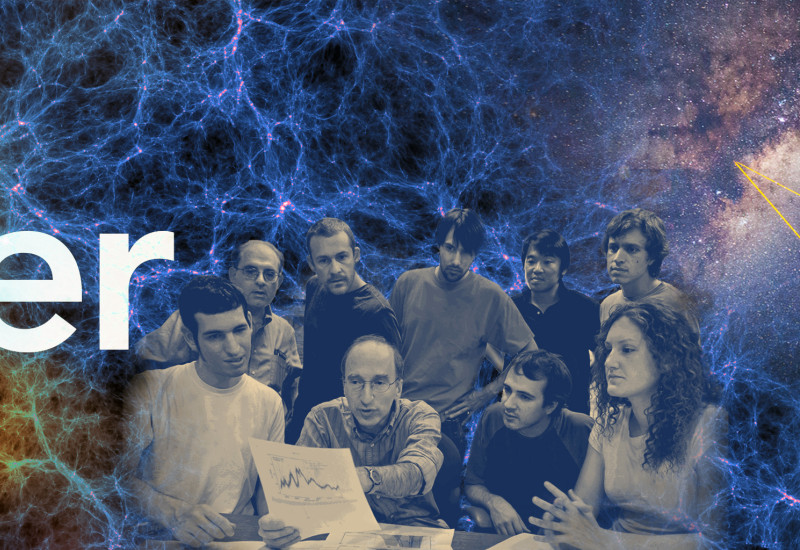
QIS @ Perlmutter
QIS @ Perlmutter is a NERSC program that supports projects in quantum information science (QIS) with compute time on NERSC systems. Founded in 2022, the program has awarded half a million compute hours to 27 projects and counting and yielded exciting results.
Quantum Computing Access @ NERSC (QCAN)
The Quantum Computing Access @ NERSC (QCAN) program is a first-of-its-kind program to support research by connecting qualifying projects with our partners’ quantum computers. QCAN currently includes two paths to accessing quantum hardware, the IBM Quantum Innovation Center and QuERA Computing Collaboration.
IBM Quantum Innovation Center
Approved NERSC users may access IBM’s quantum computers over the cloud for their research—an opportunity to take advantage of these next-generation systems for certain scientific applications.
IBM’s quantum computers incorporate transmon superconducting qubit technology and use tools like Qiskit, IBM’s quantum software, to make quantum computing accessible to users. Approved projects receive support, including training, to align proposals and workflows for maximum impact. Applications for research proposals are evaluated on a rolling basis.
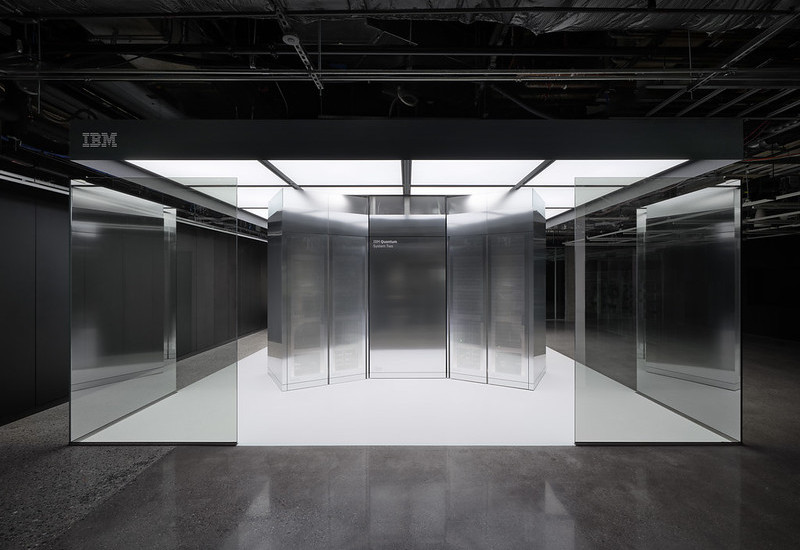
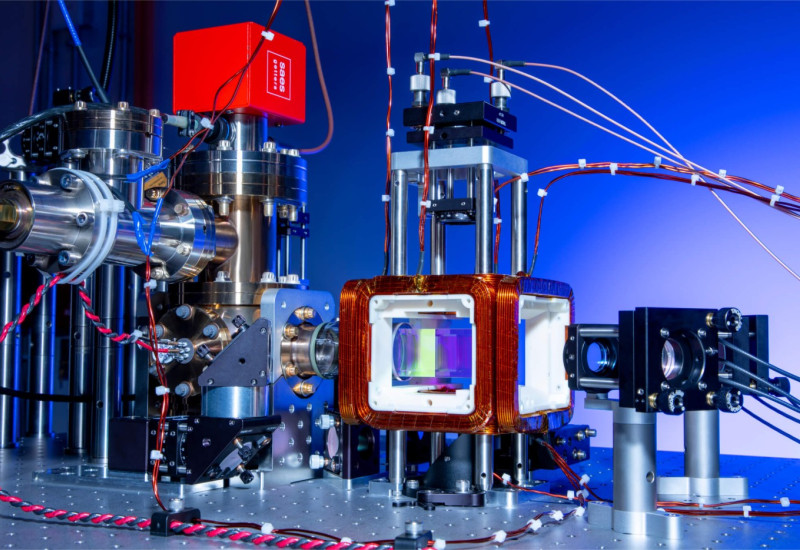
QuEra Computing collaboration
Through a partnership with QuEra Computing, competitive proposals are awarded up to 25 hours of quantum computer time, or 270,000 shots, on the company’s Aquila neutral atom system, one of the first publicly accessible quantum computers based on neutral atom technology. NERSC and QuEra staff engage deeply with researchers during the project, including biweekly meetings to ensure project goals are met.
Why neutral atom systems?
Neutral atom quantum computers offer distinct advantages in scale and coherence time. Aquila, a 256-qubit analog quantum simulator, can simulate time evolution under the many-body Rydberg Hamiltonian. A white paper on Aquila describes the system’s technical details, including prototypical use cases.
Training and technical resources
Practical information on using Aquila can be found on QuEra’s online learning platform and a two-day NERSC training held in 2023.
The application programming interface for Aquila is based on Python, either through the AWS bracket or QuEra’s Bloqade API.
Users can take advantage of CUDA-Q, NVIDIA’s high-performance quantum-classical computing platform, with QuEra’s Aquila processor. CUDA-Q’s upcoming integration with Aquila will offer uniquely unified access to CPUs, GPUs, and QPUs (Quantum Processing Units). Allowing programmers to seamlessly integrate QuEra’s Aquila QPU and NERSC’s Perlmutter GPU supercomputer, CUDA-Q supports fully hybrid applications. This focus on accelerated quantum supercomputing empowers developers to explore scalable quantum solutions. Additionally, CUDA-Q’s open-source model and hardware-agnostic workflow mean users can trivially switch between QPU hardware and GPU-accelerated simulators, streamlining and expanding application development. The CUDA-Q+Aquila integration will be made available soon.
Quantum for Science Days
Cementing its role as a leader in quantum computing (QC) and quantum information science (QIS), NERSC hosts the annual Quantum for Science Days summit, bringing together a broad spectrum of speakers and stakeholders from industry, national labs, and academia.
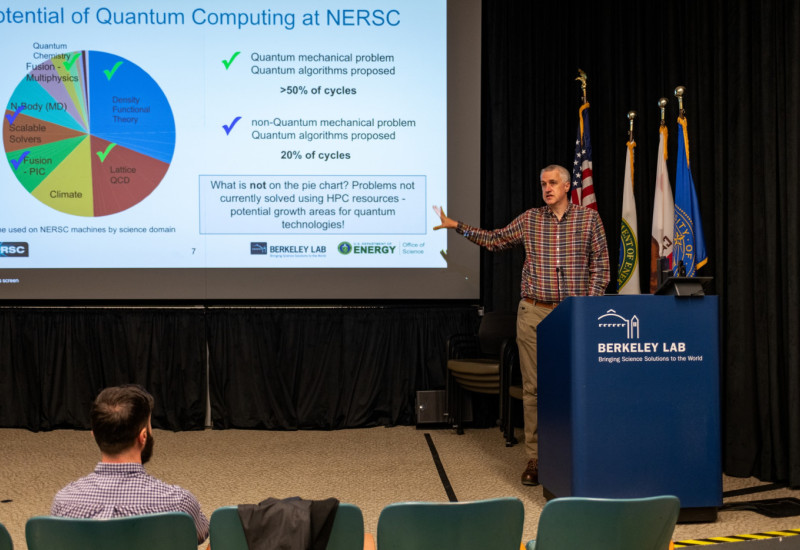
Quantum contacts
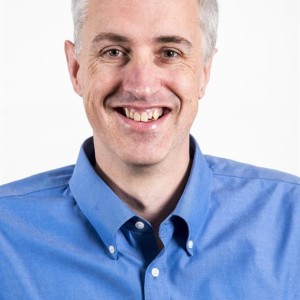
Nicholas Wright
NERSC Chief Architect and Advanced Technologies Group Lead
National Energy Research Scientific Computing Center (NERSC)
Advanced Technologies Group

Katherine Klymko
Computer Systems Engineer
National Energy Research Scientific Computing Center (NERSC)
Advanced Technologies Group

Daan Camps
Quantum and High Performance Computing Engineer
National Energy Research Scientific Computing Center (NERSC)
Advanced Technologies Group